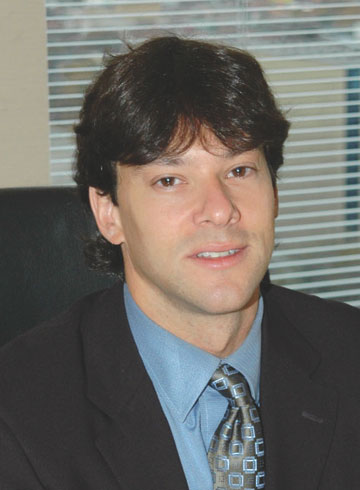The delays associated with Ontario’s mandatory accident benefit dispute process are ridiculous.
The Financial Services Commission of Ontario has failed to provide a timely process for resolving disputes over accident benefits.

For those unfamiliar with the mandatory dispute process, all Ontario accident benefit disputes must first go to mediation through FSCO before the applicant has the right to issue a lawsuit or arbitrate.
Accident benefit disputes range from critical disagreements over whether someone has suffered a catastrophic impairment to seemingly minor questions over whether an accident victim requires physiotherapy.
But denials of entitlement, even for these minor disputes, can have a real and significant impact on an accident victim’s recovery and well-being.
Imagine explaining to a personal injury client that, although the treating doctors have recommended physiotherapy, the insurer disagrees (usually based on the results of an independent medical examination hotly disputed by the applicant), and that disputing the denial involves getting into a nearly one-year waiting line at FSCO simply to have the privilege of a phone call with a FSCO mediator to beg the insurer to reconsider.
Only thereafter can the client begin the lengthy arbitration or litigation process.
It is not a comfortable conversation, to say the least.
At the end of the conversation, sadly, these vulnerable accident victims often express a willingness to comprise their rights to benefits in order to avoid the drawn-out battle.
Given these unconscionable FSCO mediation delays, many plaintiff-side personal injury lawyers have decided to bypass its mediation process altogether by commencing lawsuits or arbitration once 60 days have passed since the date they filed their application for mediation. In doing so, they rely on FSCO’s dispute resolution practice code that references this timeline.
Recently, thanks to the valued efforts of personal injury lawyer Bruce Kelly, the Ontario Superior Court has validated this approach in Cornie v. Security National.
In his reasons, Justice James Sloan noted FSCO’s dispute-resolution services mediation unit is functioning without timelines and has been doing so for years. He acknowledged as well that vulnerable accident victims often need timely access to accident benefits.
Some FSCO arbitrators, like Jeffrey Rogers in
Leone v. State Farm Mutual Automobile Insurance Co., have also recently accepted this deemed failed mediation approach.
But many FSCO arbitrators remain unwilling to follow this new jurisprudence pending resolutions of appeals from these decisions.
While FSCO is trying to deal with the delays that are undoubtedly due to its lack of resources, wouldn’t it be more appropriate for it to face its failures by simply welcoming parties who can’t wait forever in line to mediate to rely on a deemed failed mediation 60 days after their application?
Ontario personal injury counsel are rightfully fed up with the FSCO mediation delays and have made it clear that we will no longer let the FSCO lineups prevent timely access to justice.
Darcy Merkur is a partner at Thomson Rogers in Toronto who practises plaintiff-side personal injury litigation, including motor vehicle matters. He is a certified specialist in civil litigation and the creator of the personal injury damages calculator.

 For those unfamiliar with the mandatory dispute process, all Ontario accident benefit disputes must first go to mediation through FSCO before the applicant has the right to issue a lawsuit or arbitrate.
For those unfamiliar with the mandatory dispute process, all Ontario accident benefit disputes must first go to mediation through FSCO before the applicant has the right to issue a lawsuit or arbitrate.